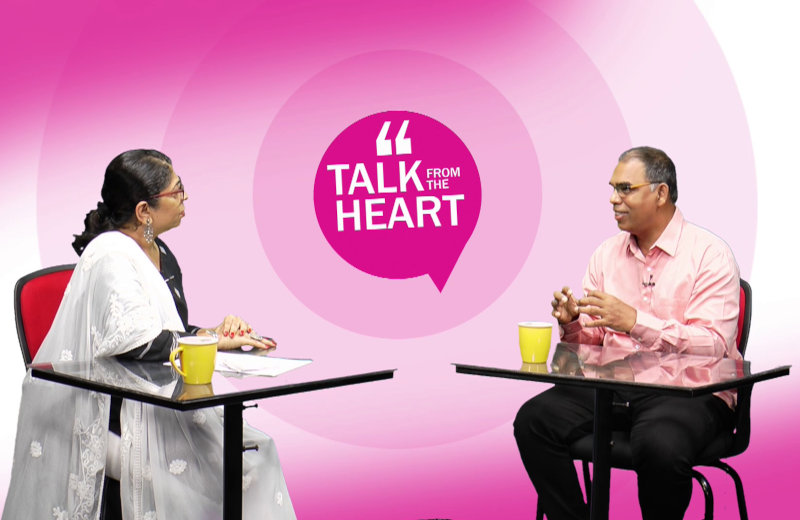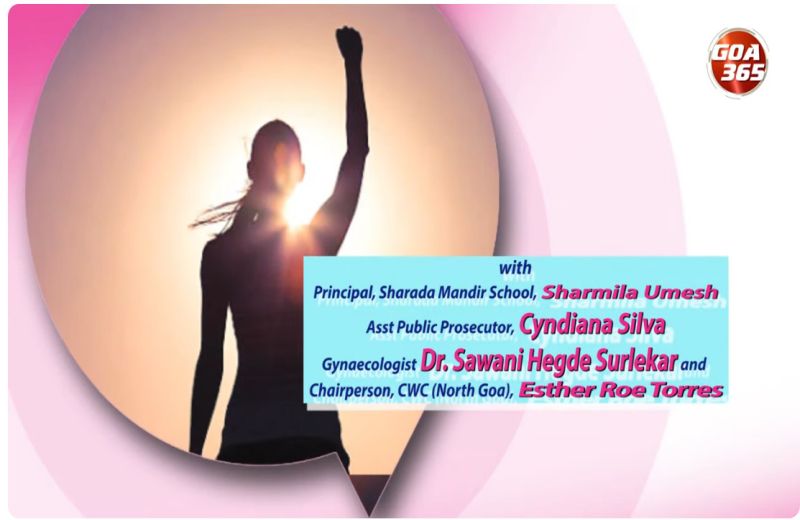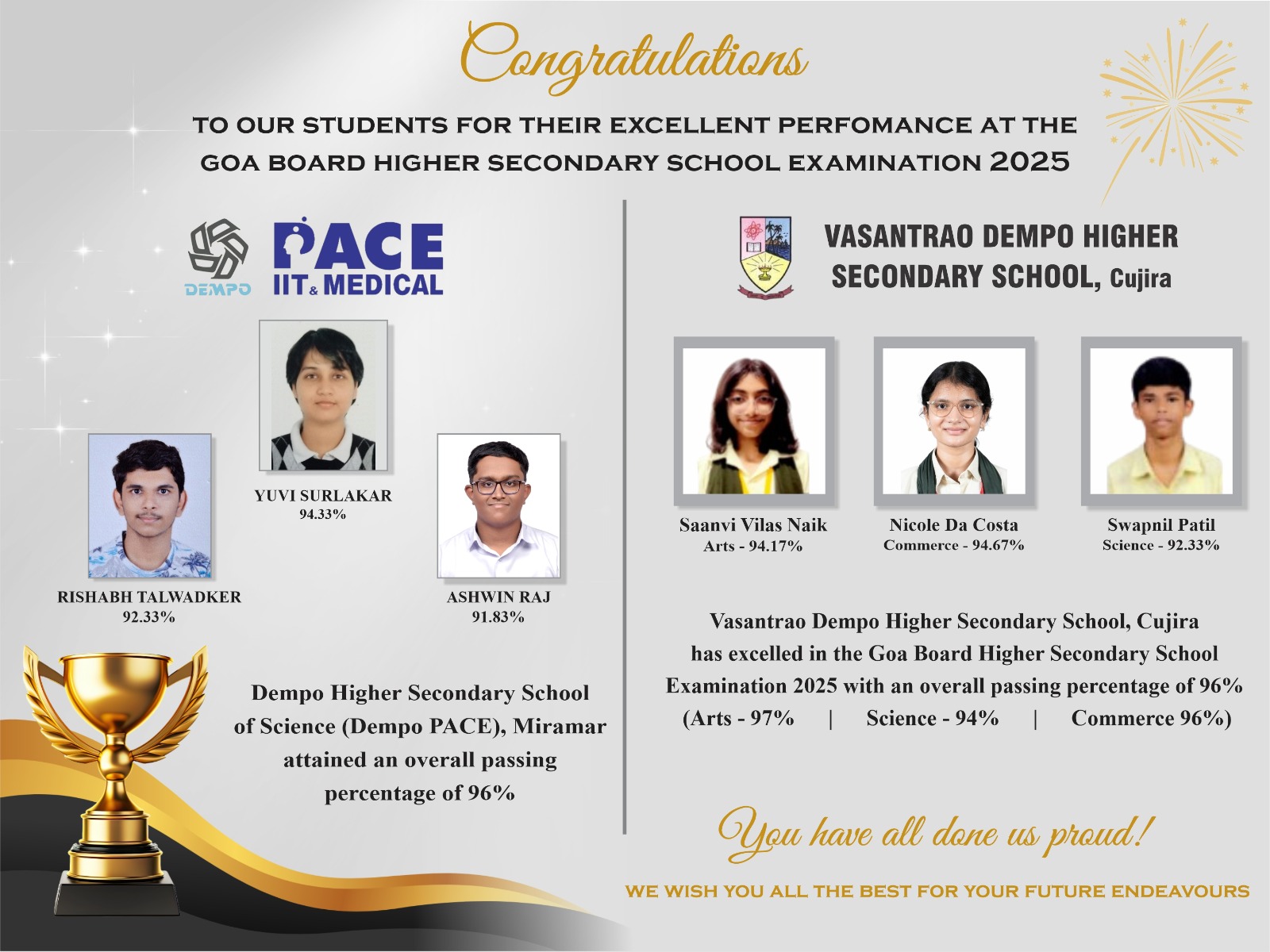
Homeopathy is a system of holistic medicine used by millions of people worldwide to treat both acute and chronic conditions. However it still remains a mystery as there are those who swear by it while there are others who call it fraud and quackery. To demystify this 200-year old school of medicine, MD homeopathy and author of the book, ‘The pathology factor in remedy selection,’ Dr Ashok Borkar was invited on The Navhind Times’ Talk from the Hear show that aired on Sunday, June 27 on the Goa365 channel.
Borkar who completed his medical education in Mumbai, started his practice in Paroda village in Quepem. “It was my childhood dream to serve people in villages,” he explained.
Asked what category, unorthodox, complimentary or alternative medicine, homeopathy would come under, he answered, “Homeopathy treats the root cause of disease and cures gently, rapidly and permanently. I would therefore say that it is not an orthodox form of medicine instead I would call it a complimentary form of treatment. In fact all systems of medicine are complimentary. We as doctors do what is best for the patient, so if I have given homeopathic medicines to a patient but think yoga or auyurvedic medicine is also required, I will include it in the treatment.” Illustrating his point with various examples, he showed how homeopathy has also been used alongside modern medicine and further explained the difference between the two systems of medicine. “All allopathic treatment is symptomatic. If you have a fibroid, the fibroid will be removed but in homeopathy we find the cause of the fibroid and treat that cause.”
Colds, allergies, migraines are some chronic conditions that homeopathy is well known for treating. However Borkar clarified that in recent times the scope of homeopathy has widened. “Since the last 10 to 12 years, there has been a lot of research done and today we see good results in many other illnesses and even so-called incurable conditions like PCOD, serious thyroid disorders, eczemas, auto-immune arthritis, psoriasis, diabetes and even cancers,” he said.
Although homeopathy forms an integral part of India’s health system, the controversy regarding its efficacy still looms large. “Controversy is created by those who have only superficial information regarding this discipline of medicine. They have not read the philosophy of homeopathy or may have read some superficial information regarding it, to which they have added their own ideas. They question how homeopathic medicines work, since they are diluted to a great extent but IIT has done research and found that the action of homeopathic medicine can be easily explained with the help of nano technology.” He then spoke at length on the process of double-blind method of research and explained that the 1st ever double-blind method of research was used in homeopathy. Citing cases of a 21 day old infant and a coma patient , he illustrated how the claim that homeopathy is a placebo, is far from the truth.
Terming homeopathic treatment as holistic, he further expounded the importance of mind-body connect in this treatment. “If we get a patient who has migraines, we first find out the reason behind that migraine. It is invariably connected to stress and we find out the emotional state of the patient which caused the migraine. When we get a new patient, we study the history of the present complaint as well as the past medical history and the family health history of the patient. Physical pathology is the end result of a disease process and homeopathy treats the whole disease process which includes the inherited tendency to get the disease, the mental or physical cause of the disease as well as the pathology. The mind-body connection has been used in homeopathy right from its inception and modern medicine is talking the same language now,” he stated.
He also explained the parameters used to judge the improvement of patients who take homeopathic medicine for chronic diseases. He said that the ‘intensity, duration and frequency’ of the complaints should go on reducing progressively.
He also highlighted the significance of knowledge of family history to treat a patient’s condition.
Homeopathic remedies are prepared – or “potentised” – using a process of repeated dilution and succussion (vigorous shaking). Explaining the process, he said: “If a person is allergic to a substance like sulphur and is given this in crude form or material dose, the allergic symptoms get aggravated. However if this same sulphur is given in a diluted or potentised form, it has a curative effect.” Speaking about the benefits of homeopathy, he explained how it can reverse the allergic effects of foods and other substances that people were allergic to, besides others advantages.



